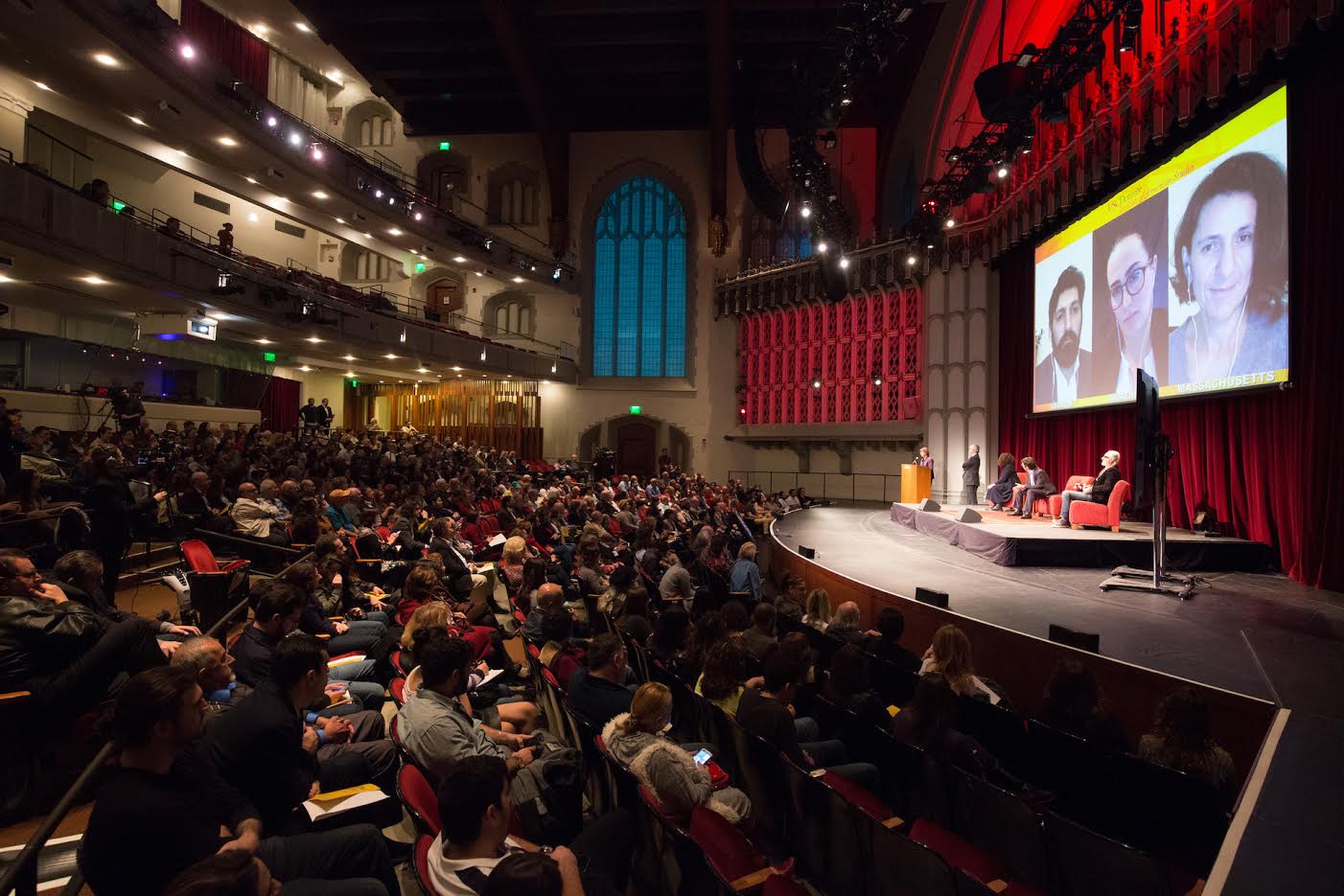By Hambersom Aghbashian
Eser Karakaş (born 18 October 1953 in Istanbul) is a Turkish professor of economics and the head of Bahçeşehir University’s European Union department and one of the remarkable Turkish academics. He studied economics at the Faculty of Administrative Sciences at Boğaziçi University -Department of Economics, then completed his master’s degree in economics at Istanbul University, and earned his Ph.D. from the Department of Finance of the same university in 1985. Dr. Eser Karakaş was appointed as assistant professor at Istanbul University – Faculty of Economics in 1987, then as associate professor in 1990 and became a professor in 1996.
Between 1996 and 1999, he served as the head of the Finance department at Istanbul University, also as Deputy Director of the Institute of Social Sciences. Between 1993 and 2003 he served as the Dean of Bahcesehir University – Faculty of Business Administration. Between 2003 and 2007 he served as Vice- Rector at Bahcesehir University, also as Head of EU Affairs. He is a columnist for Star Newspaper and has many published books, among them, “Normalization Process of the European Union in Turkey,” “Political Civil Global Economy”, and many other books.
In his article “2015 ” in Todayzaman , Prof. Karkas wrote “2015 will be a very important year for Turkey in many aspects, the general elections, the economic growth, a new democratic constitution, the settlement of the Kurdish issue and the Armenian genocide. He added “I am not a historian, I cannot read and write Ottoman Turkish and I have almost no special knowledge in the field. Due to this, I don’t think I am qualified to speak about the background of the 1915 incidents. But, there is a fundamental reality which I, like everyone else, know, that there were many people in this country of Armenian identity 100 years ago; now, there are few such people. Even if we put the technical and historical dimensions of the issue aside, this basic and unpleasant fact is sufficient to show that very unnerving incidents took place in this country in 1915.” He added “I think it is very important to approach the issue from a humanitarian perspective, regardless of whether you describe the incident as a great disaster or genocide.” He continued “Developments unfavorable for a certain part of the Turkish state will take place in various countries around the world in 2015, the centenary of the 1915 incidents. Many parliaments will make decisions to recognize these incidents as genocide and important messages will be sent to Turkey and the pressure on Turkey to recognize these incidents as genocide will increase. Although there is little time left before 2015, Turkey seems unwilling to take any steps that will diminish the pressure on the country due to the 1915 incidents. (1)
Eser Karakas is of Sabbatean* descent and according to Rifat Bali a researcher and publisher in the field of non-Muslim minorities of Turkey, anti-Semitism, conspiracy theories, the social and cultural transformation of the Turkish society and Doenmes (Crypto Jews), and the author of “A Scapegoat for All Seasons: The Doenmes or Crypto-Jews of Turkey “, “…there is the claim that is was not the Turks, but the Sabbateans, who both planned and implemented the 1915 Deportation resulting in the mass slaughter and death of most of the Ottoman Empire’s Armenian population. According to this view the idea of mass deportation and slaughter emerged because the country’s Jewish bourgeoisie wished to take control of the empire’s economic life, and, since many of the leaders of the ruling Committee of Union and Progress were of Dönme origin (e.g. Talât Pasha and Dr. Nâzım), they proposed this plan to the committee as a way of eliminating their Armenian competitors”, but Eser Karakas is one of Turkish intellectuals who questioned about the lost Armenians during WWI and why there are only few of Armenian in Turkey now.
- Sabbateans (Sabbatians) is a complex general term that refers to a variety of followers of, disciples and believers in Sabbatai Zevi (1626–1676), a Jewish rabbi who was proclaimed to be the Jewish Messiah in 1665 by Nathan of Gaza. Vast numbers of Jews in the Jewish diaspora accepted his claims, even after he became a Jewish apostate with his conversion to Islam in 1666. Sabbatai Zevi’s followers, both during his “Messiahship” and after his conversion to Islam, are known as Sabbateans. Part of the Sabbateans lived on until well into the 20th century as Dönmeh.
1-http://www.todayszaman.com/op-ed_2015-by-eser-karakas-_346443.htm










